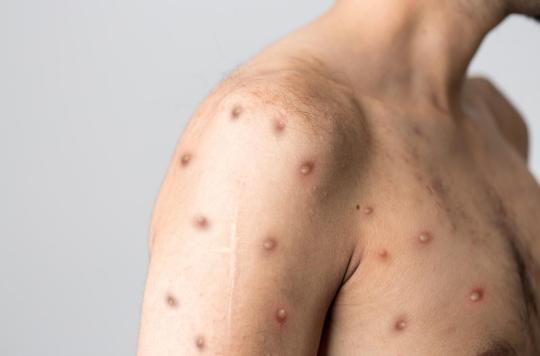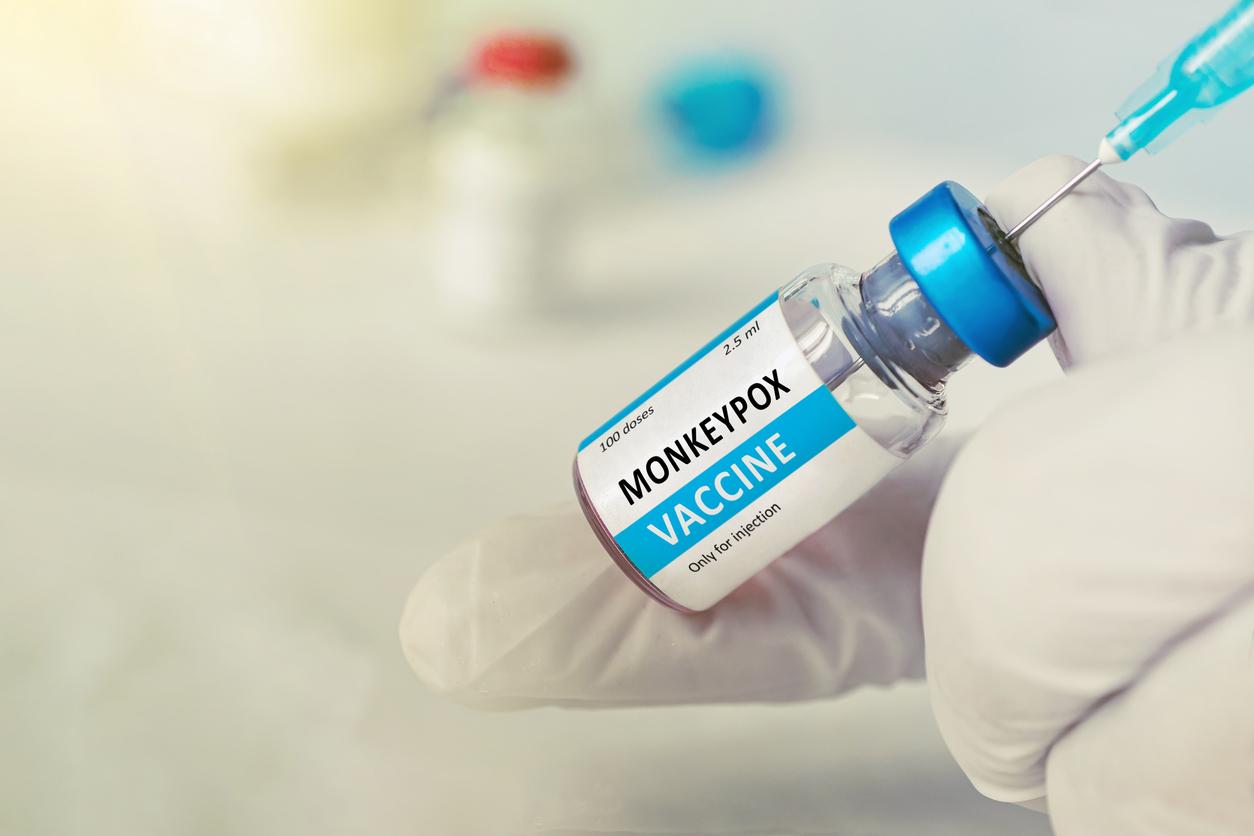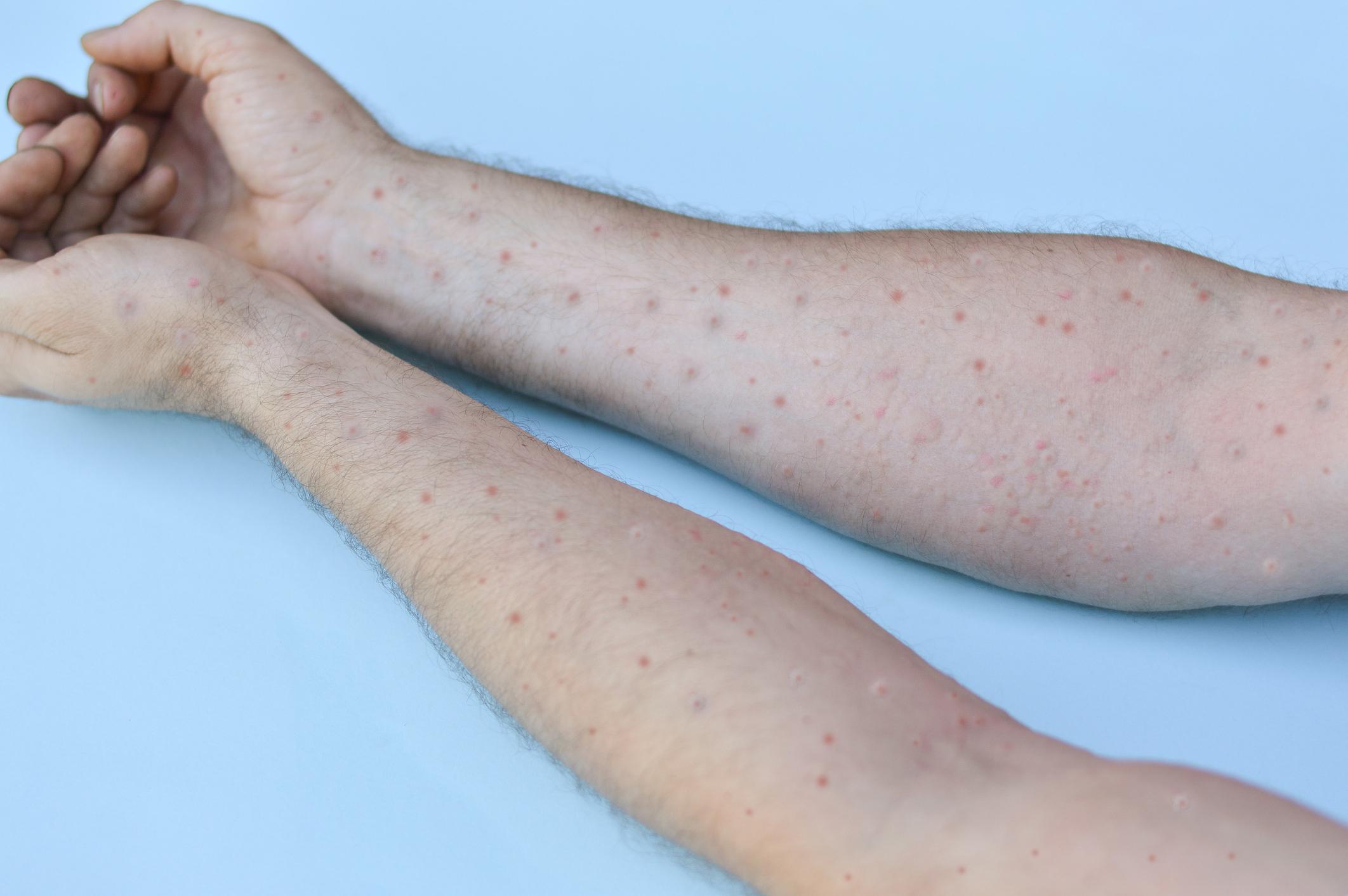While nearly 17,000 people are affected by monkeypox in 74 countries, the World Health Organization has declared an “international public health emergency”, its maximum alert level.

- The Imvanex vaccine has been approved in the European Union for monkeypox.
- It was already administered in the United States.
“I have decided to declare a Public Health Emergency of International Concern”, declared Tedros Adhanom Ghebreyesus, the director general of the World Health Organization (WHO) during a press briefing which closed the meeting of the emergency committee of the health authority, Saturday July 23. Tedros Adhanom Ghebreyesus clarified that the risk in the world was relatively moderate apart from Europe where it was high.
17,000 cases
Thus, it is therefore the highest level of WHO alert that has been triggered to fight against this disease. Currently, monkeypox affects nearly 17,000 people in 74 countries outside of Africa, where monkeypox is usually more common. In France, nearly 1,500 cases have been identified, according to the latest update from Public Health France published on July 19.
Public health emergency
This is the seventh time the WHO has resorted to the so-called alert level.public health emergency of international concern (USPPI)”. This is used in situationsserious, sudden, unusual or unexpected”. The WHO defines it as a “extraordinary event” whose propagation constitutes a “public health risk in other states” and may require “coordinated international action”.
96% of cases among MSM…
“In France, 96% of cases for which sexual orientation is reported occurred in men who have sex with men (MSM)“, according to latest update from Public Health France published on July 19.
“There is real concern that MSM could be stigmatized or blamed for the spike in cases, making it much harder to trace and stop, explained Tedros Adhanom Ghebreyesus before the WHO emergency committee last Thursday. This mode of transmission represents both an opportunity to implement targeted public health interventions, and a challenge, because in some countries, affected communities face discrimination that threatens their lives.”.
Thus, with this maximum alert level, the WHO calls for collective action against the disease.















